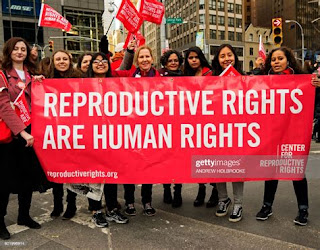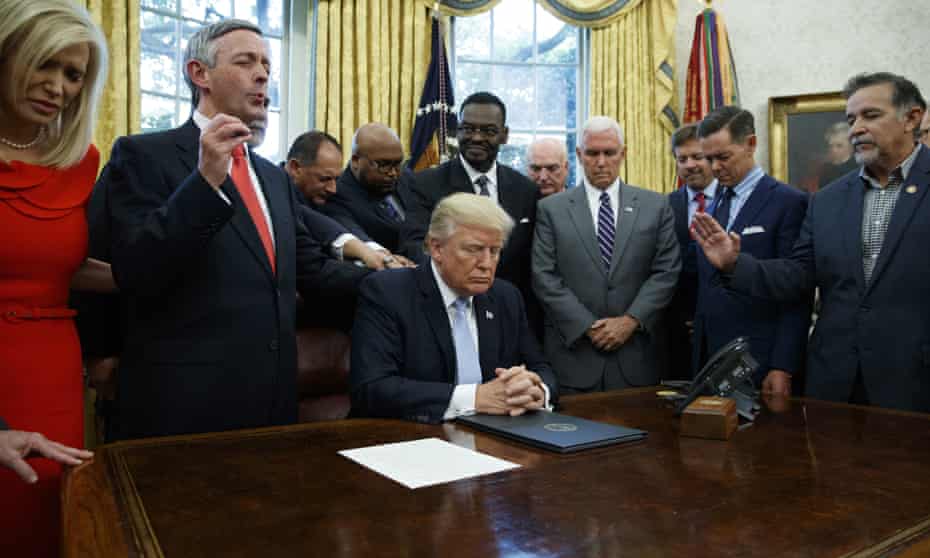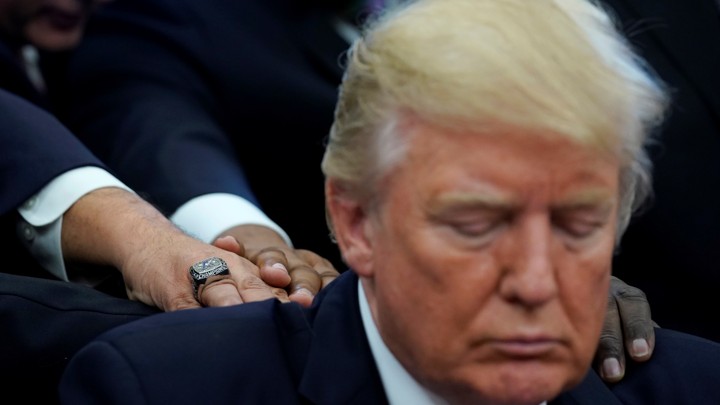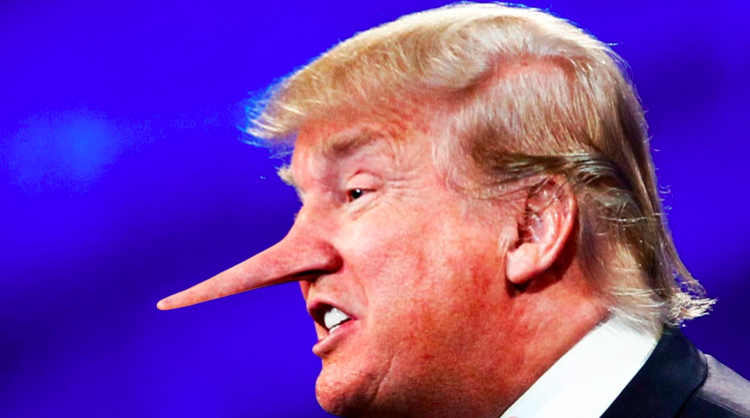Ryan Foley
Christian Today
Originally published 2 DEC 23
A new study reveals that less than one-third of Americans believe the Bible should serve as the foundation for determining right and wrong, even as most people express support for traditional moral values.
The fourth installment of the America's Values Study, released by the Cultural Research Center at Arizona Christian University Tuesday, asked respondents for their thoughts on traditional moral values and what they would like to see as "America's foundation for determining right and wrong." The survey is based on responses from 2,275 U.S. adults collected in July 2022.
Overall, when asked to identify what they viewed as the primary determinant of right and wrong in the U.S., a plurality of participants (42%) said: "what you feel in your heart." An additional 29% cited majority rule as their desired method for determining right and wrong, while just 29% expressed a belief that the principles laid out in the Bible should determine the understanding of right and wrong in the U.S. That figure rose to 66% among Spiritually Active, Governance Engaged Conservative Christians.
The only other demographic subgroups where at least a plurality of respondents indicated a desire for the Bible to serve as the determinant of right and wrong in the U.S. were respondents who attend an evangelical church (62%), self-described Republicans (57%), theologically defined born-again Christians (54%), self-identified conservatives (49%), those who are at least 50 years of age (39%), members of all Protestant congregations (39%), self-identified Christians (38%) and those who attend mainline Protestant churches (36%).
By contrast, an outright majority of respondents who do not identify with a particular faith at all (53%), along with half of LGBT respondents (50%), self-described moderates (47%), political independents (47%), Democrats (46%), self-described liberals (46%) and Catholic Church attendees (46%) maintained that "what you feel in your heart" should form the foundation of what Americans view as right and wrong.

















